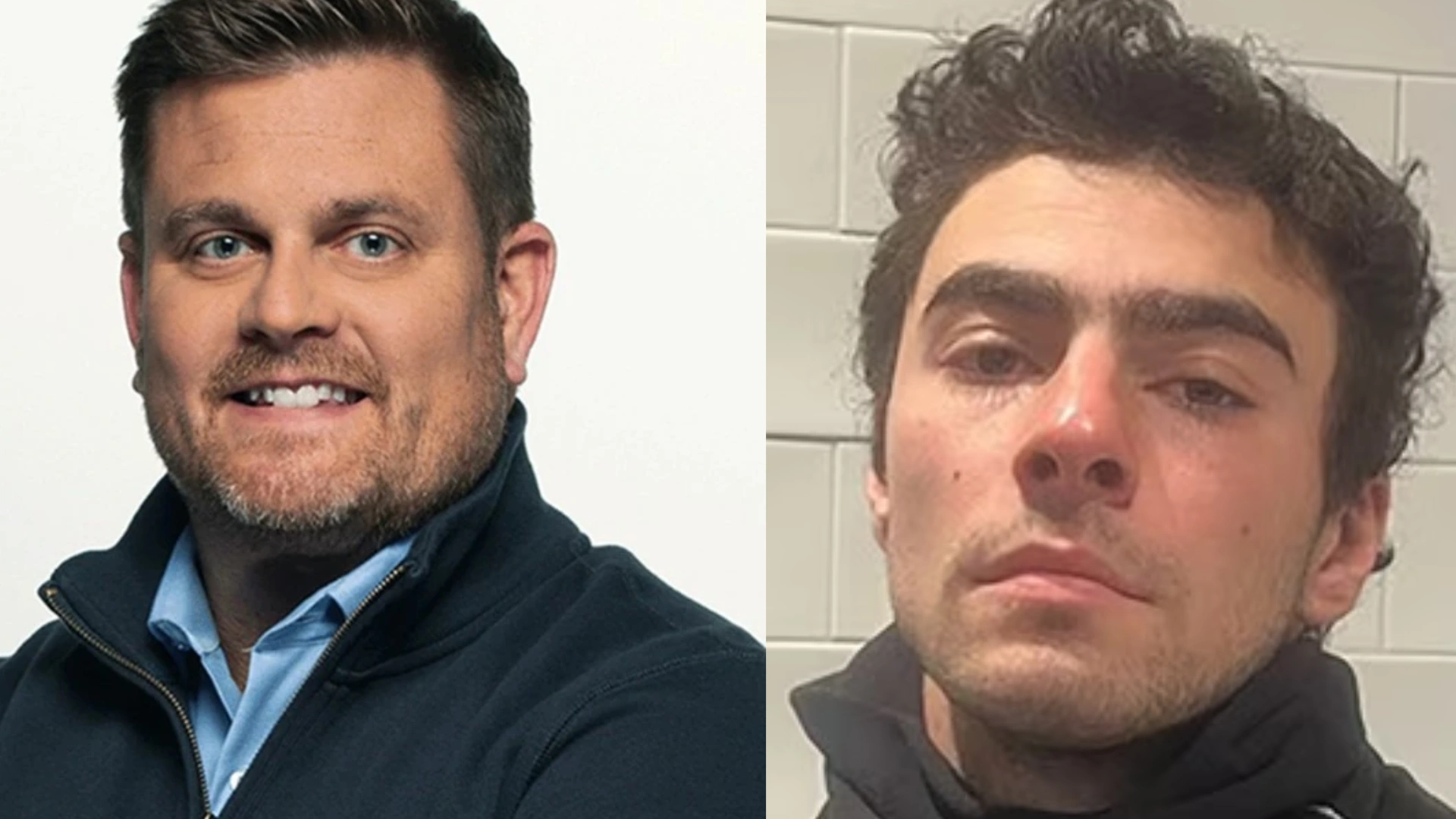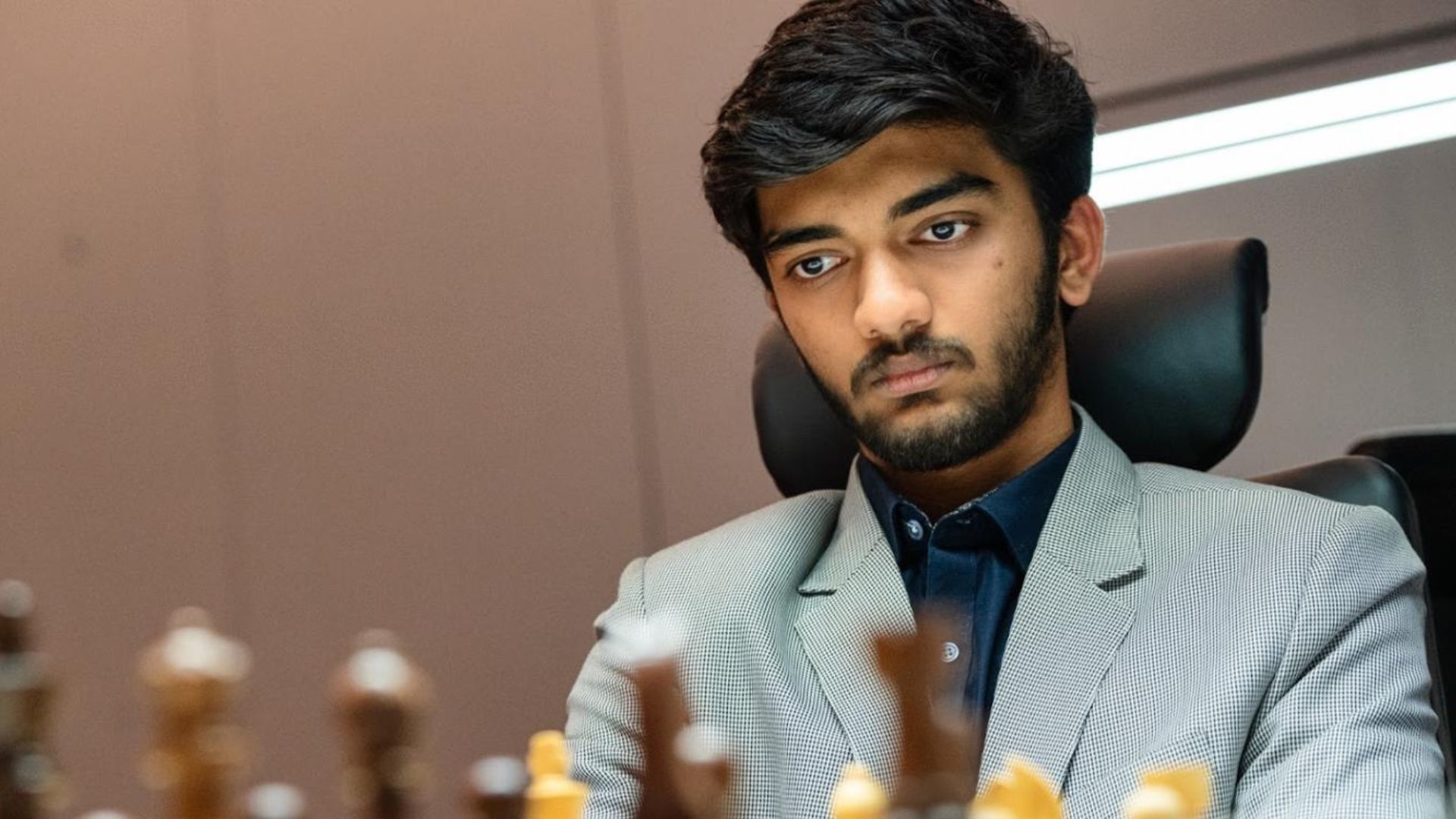The Supreme Court of India has underscored the independence of public prosecutors, stating that while the Enforcement Directorate (ED) and its director may provide factual instructions related to a money laundering case, they cannot direct prosecutors on how to present themselves in court.
The ruling, made by Justices Abhay Oka and Augustine George Masih on Wednesday, came while granting bail to Zeeshan Haider and Daud Nasir, who were arrested in connection with the Delhi Waqf Board money laundering case. The bench noted the prolonged detention of the accused and expressed that the trial was unlikely to commence soon.
In its observations, the court made it clear that the ED and its director could offer instructions regarding the factual aspects of a case but could not dictate how public prosecutors should handle matters in court. “The Enforcement Directorate and its director can advise public prosecutors on the facts of the case. However, they cannot instruct the public prosecutor on what to do before the court, as the prosecutor is an officer of the court,” the bench said.
This ruling clarified the boundaries of the ED’s influence over public prosecutors and addressed a trial court order that had directed the ED’s director to instruct prosecutors not to oppose bail petitions in cases where delays in the trial were caused by the ED’s actions. The Supreme Court found this order to be “drastic” but emphasized that prosecutors must act with fairness and transparency.
The court explained, “It is settled law that public prosecutors must act impartially. If the case is governed by an established precedent, it is their duty to bring it to the court’s attention. Perhaps the trial court judge intended to suggest that when prosecutors believe the delay is due to the ED’s fault, they should adopt a fair position.”
The bench further clarified that public prosecutors should not be restricted from opposing bail applications if the trial delays are unrelated to the ED’s actions. “This observation will not prevent public prosecutors from opposing bail in cases where the delay is not attributable to the Enforcement Directorate,” it added.
The matter had earlier come under scrutiny when another accused, Kausar Imam Siddiqui, was granted bail by the trial court, which had criticized the ED for contributing to delays in the case. The Supreme Court ruling reiterates that while the ED plays a significant role in investigating cases, it cannot infringe upon the independence of public prosecutors in court proceedings.
In summary, the court has reaffirmed the principle that public prosecutors must retain their impartiality and independence, ensuring that their actions in court are free from external influence, including that of investigative agencies like the ED.
Read More: Jal Jeevan Mission: Transforming Rural India And Empowering Women



















